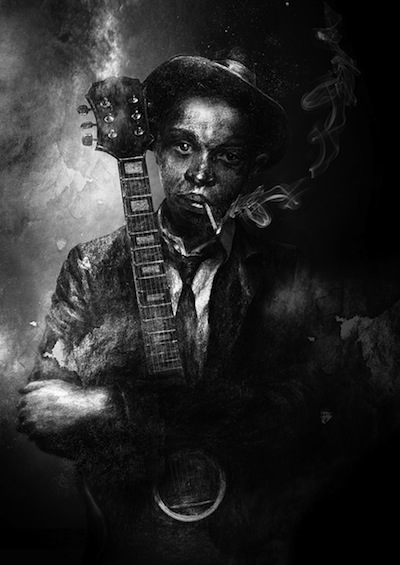The Free Word Centre has a couple of big bookcases at one end of its central space. Last week, I was surprised to discover on the shelves a copy of the The Blog Digest 2007, which was edited by Justin Mckeating and features a couple of contributions by me. It naturally drags to the surface those old thoughts about the nature of blogging and why someone does it. Back in 2006, when we put together that book, ‘meta-blogging’ (i.e. philosophising about the nature of this new activity) was all the rage. Nowadays? Not-so-much. Back then, it felt as of blogging was its own thing, a distinct community with its own round-up. Now, it is simply another way to take part in a global conversation. Long-form Twitter. Before, bloggers and journalists were considered different creatures. Now, blogging is how journalists do their thing, and it’s never clear whether any given piece you might read online has also made its way into the printed edition of the paper or magazine.
I know why I started blogging: catharsis. I was spending far too much of 2005 writing angry letters to newspapers, and submitting contributions to the BBC Have Your Say website. The comments I made were on pretty much the same topics as the things I discuss on this blog even now: free expression, human rights, belief, foreign policy, the nature of democracy, gay rights, and the evolving internet technology. It was a natural wish to be able publish without waiting for some editorial intern to deem my contribution as relevant!
I think my motivation for maintaining the blog has subtly changed since I began, seven years ago this month. There is much less anger and frustration, less need to blurt out a rebuttal of some hideous, shoddy political argument. There are two reasons for this change. The first is that politics has moved on: the insidious, divisive ideology pushed by President George W. Bush (and shockingly enabled by Tony Blair) has thankfully waned. The second is that now I actually work in human rights campaigning, well within the London political ‘mix’ and with a tangible route to make a difference on the issues I care about. The personal blog is no longer the only way I participate in the political process. As a result, it becomes less urgent.
I am grateful that anyone stops by to read these pages, as I know many of my friends and a few strangers sometimes do. But I know I have no right to expect anyone to continue reading. With that in mind, I perceive a tendency to write as if I am taking notes, diarising (weblogging in other words) as a personal project. I write as much for the future me as for the present you, the present them. I often see the writing as a sort of insurance for the future, a partial brain-backup or a resource that an aged, dementia-addled version of myself can use to pass the time when I no longer go outside.
That, and a record for the progeny. For the past few years, as I’ve mellowed, I have often thought of myself as writing for hypothetical children! I am grateful to those among my own ancestors who wrote something for me, and it is not unreasonable to expect my descendants to read through the blog! I hope they get a feel for this point in human history, and a sense of my ideals. And if I seek to persuade anyone with my writing, it is them.
In a certain sense, therefore, this blog can be seen as shaped by two events, which took place exactly a decade apart. The first is the infamous terror attack of September 11th 2001, which was the spark that ignited two wars and provoked the policies that so angered me.
The second event was the birth of my daughter on 11th September 2011 – one year ago today. She cannot read yet, but now, at last, I know who I am writing for.


